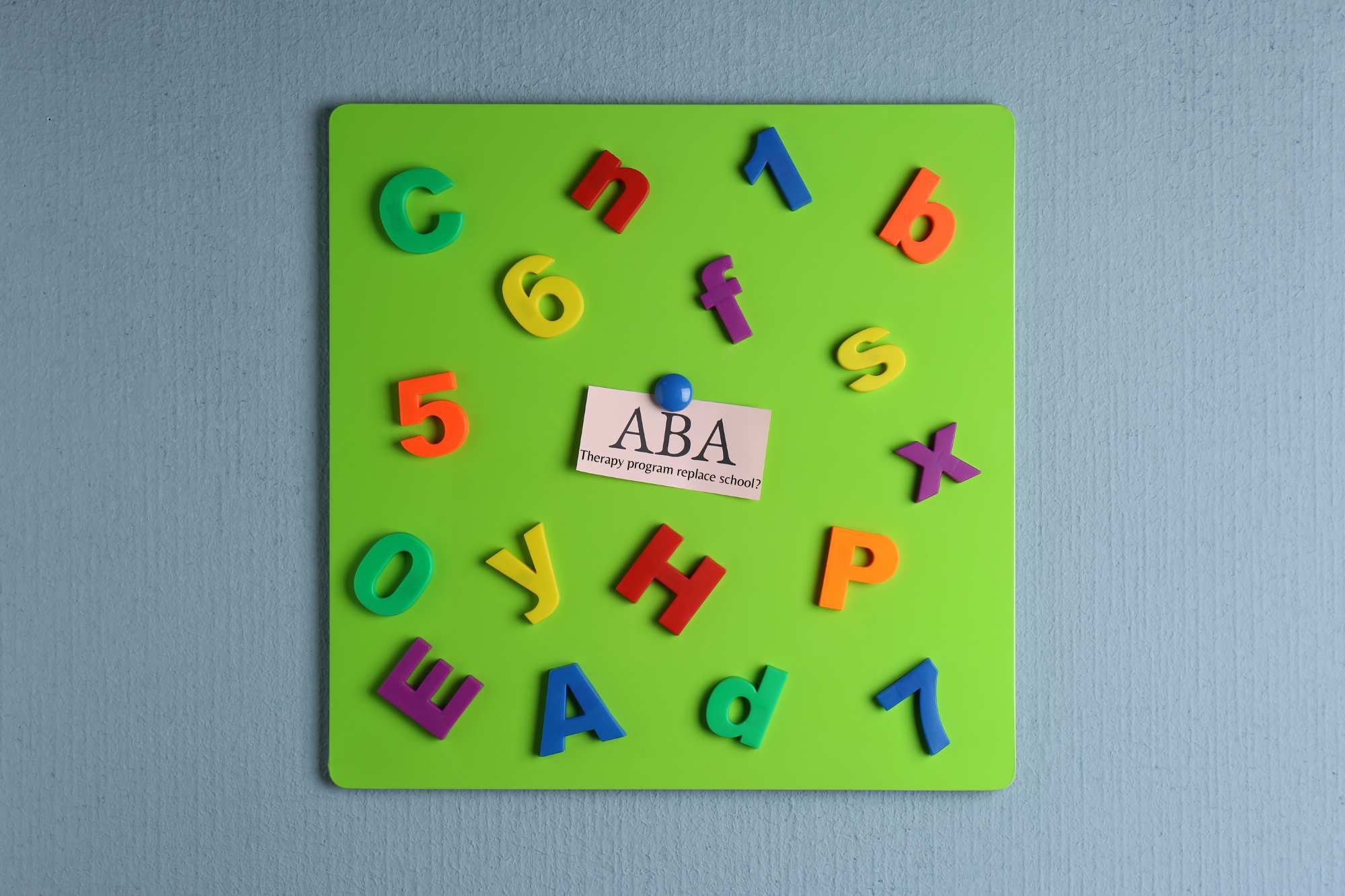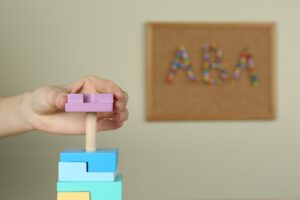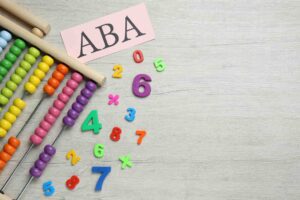We have discussed in previous posts that, the ABA therapy program is a therapeutic technique based on scientific principles of learning and behavior. It is delivered in a variety of settings, including home, school and clinic.
Learning Difficulties in School with ABA Therapy
Learning disabilities are considered a group of disorders that affect a person’s ability to acquire, process and retain information in general. They can manifest themselves in a variety of ways. Such as in reading, writing, mathematics and the ability to communicate properly.
While learning difficulties are not a sign of a lack of intelligence, they can have a significant impact on a person’s academic performance, self-esteem and quality of life. So, we can infer that, this type of therapy is used in many cases to help people with autism and other developmental disabilities acquire new skills and behaviors and, to reduce “problem” behaviors.
ABA therapists use a variety of techniques to apply these principles. These techniques may include:
1. Positive reinforcement: this means that, positive consequences, such as praise or rewards, are provided when a desired behavior occurs.
2. Negative reinforcement: this involves removing a negative consequence. Such as a loud noise or an unpleasant task, when a desired behavior occurs.
3. Punishment: this involves providing a negative consequence, such as a reprimand or loss of privileges, when an undesired behavior occurs.
4. Extinction: finally, it refers to removing the reinforcement of an unwanted behavior, which makes it less likely to be repeated.
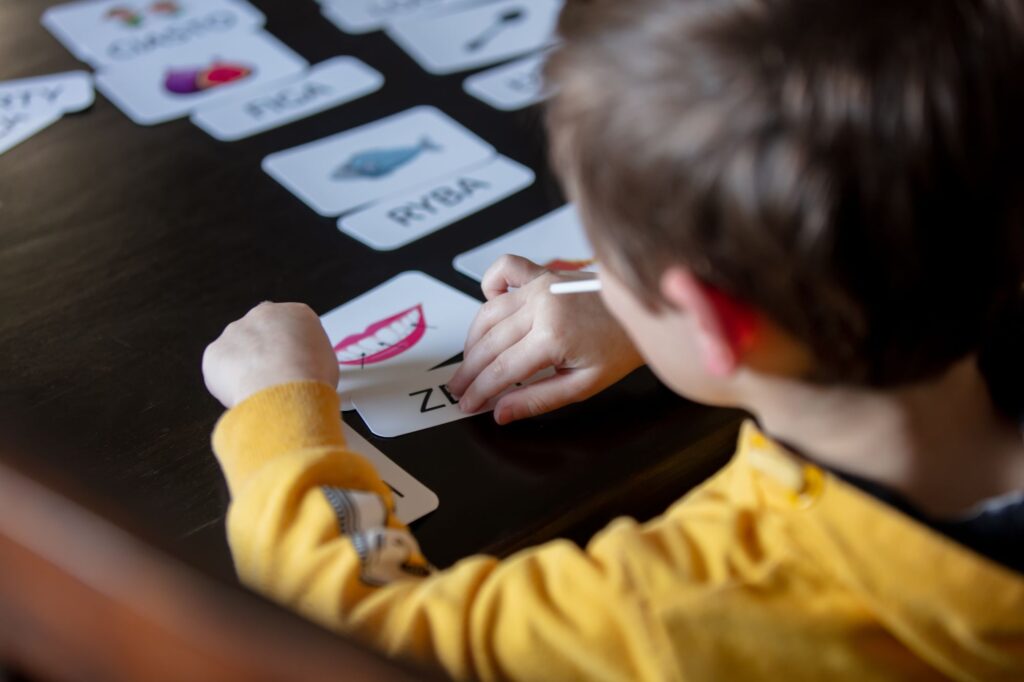
ABA therapy program as a replacement for school: Is it possible?
ABA therapy cannot replace school. School provides students with autism and other developmental disabilities with academic and social education that cannot be replicated in an ABA therapy setting.
Academic education is necessary for people with autism and other developmental disorders to develop their full potential, to the maximum extent possible. It equips them with the skills and knowledge. This necessary to excel in school, the workplace and to live a life free from dependence on others.
Social education is also critical for individuals with autism and other developmental disorders. These are essential skills for a full and meaningful life, which can work for the child to function better in whatever setting he or she is in.
And, of course, it alleviates the responsibility or sense of overprotection that the responsible adult or guardian may have in the future, thus generating more confidence.
How can ABA therapy help to integrate with school learning?
ABA therapy program can be an effective tool for overcoming learning difficulties in a variety of ways. For example, ABA therapy can be used to:
– Teach new skills: ABA therapy can be used to teach children with learning difficulties new skills, such as reading, writing, math, and communication skills. ABA therapy breaks these skills down into small, manageable steps and uses positive reinforcers to help children learn each step.
– Reducing problem behaviors: ABA therapy can also be used to reduce problem behaviors that can interfere with learning, such as inattention, hyperactivity and disruptive behaviors. ABA therapy identifies the reinforcers that maintain these behaviors and then uses extinction or differential reinforcement techniques to reduce them.
– Increase motivation and commitment: children with learning difficulties can benefit from ABA therapy by having more motivation and commitment every time they have to study. This is because ABA therapy focuses on setting small, achievable goals and providing positive reinforcers when children achieve these goals.
– Generalizing skills: ABA therapy can also help children generalize the skills they learn in the therapeutic setting to other settings, such as home and school. This is accomplished by using fading and chaining techniques.
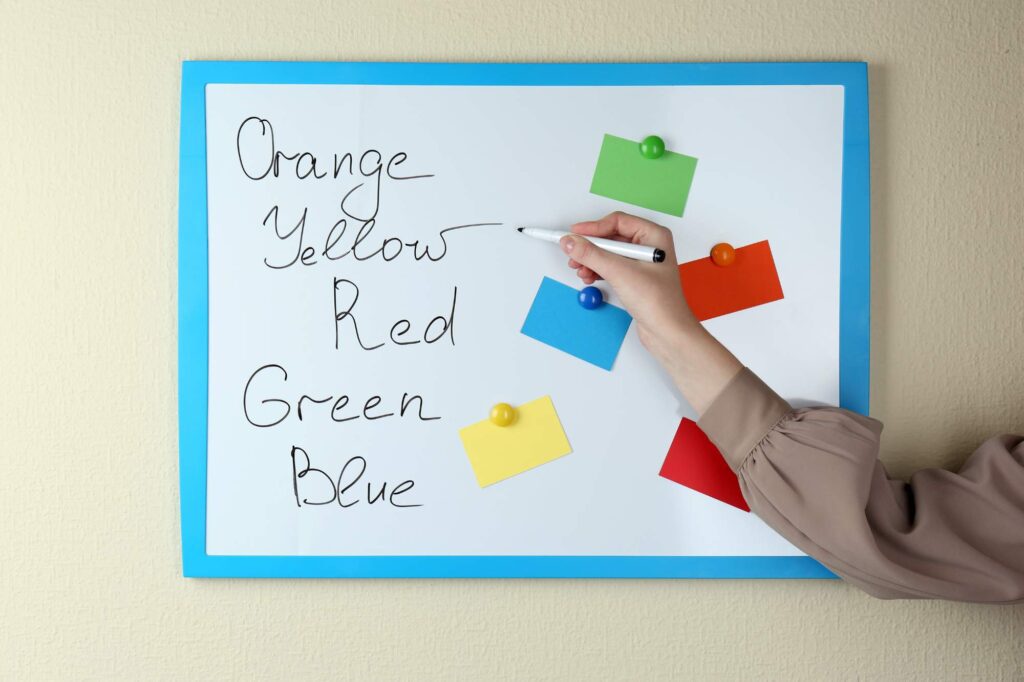
Supplementing school education
The school curriculum can be supplemented in multiple ways. It can be used, for example, to:
– Learn academic skills, such as reading, writing and mathematics.
– Improve communication skills, including spoken and non-verbal language.
– Develop daily living skills, such as eating, dressing and grooming.
– Reduce problematic behaviors, such as aggression and anger.
ABA therapy program can also help students with autism generalize the skills they learn in school to other settings. For example, an ABA therapist may work with a student to teach him or her how to ask for help at school. The therapist may also work with the student to practice asking for help in other settings, such as at the store or at the park.
What to expect from ABA therapy?
ABA therapy sessions usually last 30 to 60 minutes and are conducted individually or in small groups. Consequently, depending on the individual child attending the session, the frequency will vary depending on each child’s individual needs.
It is important to remember that ABA therapy programs are not a cure for learning disabilities. However, it can be an effective tool to help children with learning disabilities improve their skills. Reduce problem behaviors and reach their full potential.
Conclusion
ABA therapy cannot replace school, but it can complement school education in a number of ways. Together, ABA therapy and academic instruction can maximize the potential of autistic pupils. It’s critical to locate a licensed therapist for your child if you’re thinking about ABA therapy in Miami Florida.
Look for a therapist who has a master’s or doctorate degree in a relevant field. Such as psychology or special education, and is certified in this type of therapy. It is also important to make sure that the therapist has experience working with children with learning disabilities; the more knowledge the professional has, the better.

